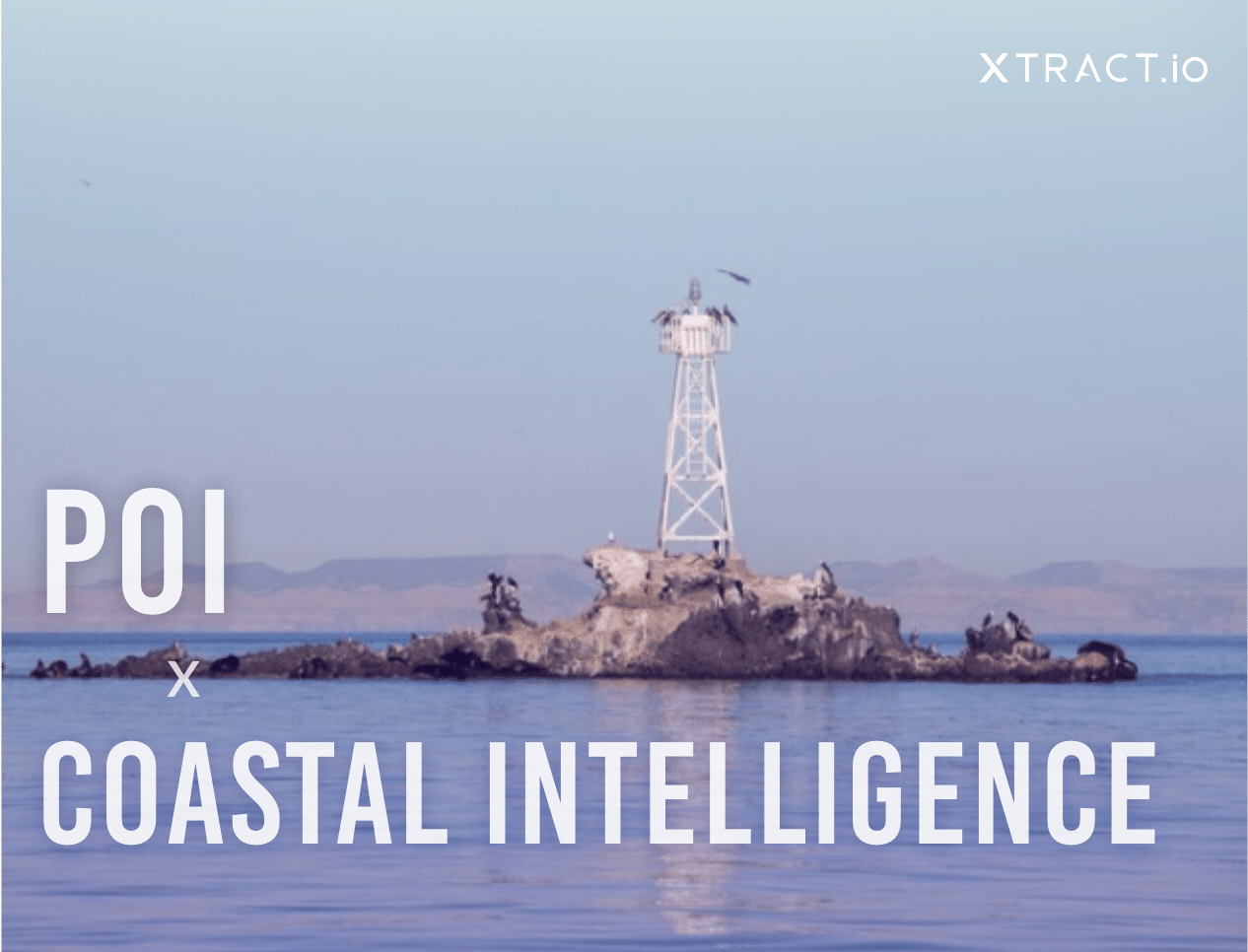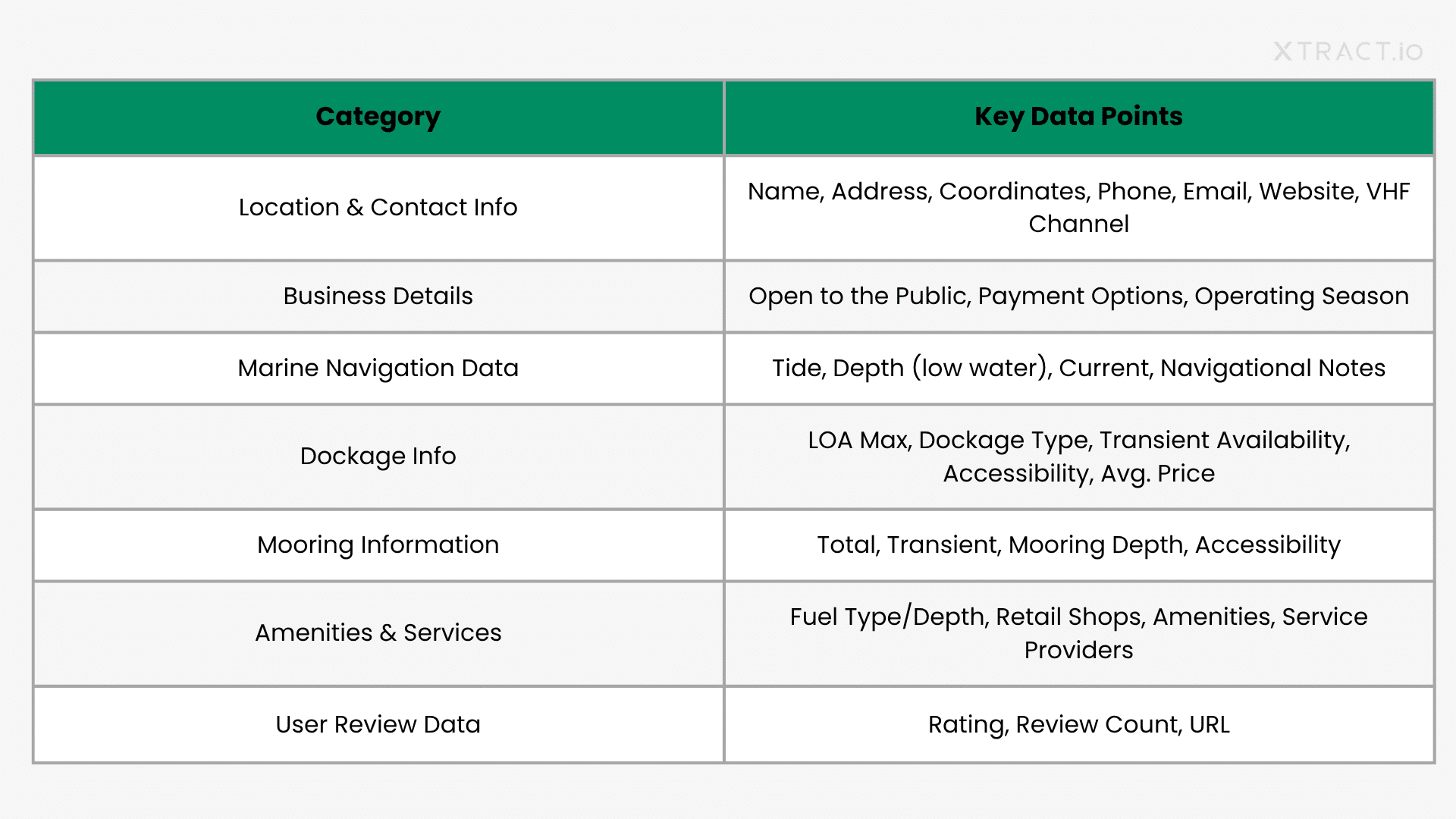-
Platform
Trending

Artificial Intelligence
Advancing workflow automation with Human-in-the-Loop AI
Explore how adding a human touch to AI-driven automation improves accuracy, adaptability, and trust
Learn moreChoose XDAS Go beyond automation and turn unstructured data into action
Go beyond automation and turn unstructured data into action
- Solutions
BY INDUSTRY
WHAT'S NEW

POI Data
Industries Thriving on Footprint Data
Uncover the top 5 industries that depend on building footprint data to stay ahead.
Read nowsample heading

Artificial Intelligence
Grounding LLMs with RAG
Leverage retrieval augmented generation to tackle AI hallucinations and boost accuracy.
Read nowStart Watching Streamline data and turn ideas into workflows with a robust data automation suite
Streamline data and turn ideas into workflows with a robust data automation suite
- Products
Read more
 Automation made simple through stories that matter
Automation made simple through stories that matter
- Resources
Collaborate now
 Empowering innovation through purposeful partnerships.
Empowering innovation through purposeful partnerships.
- Case studies
- About
- Request a Demo








































